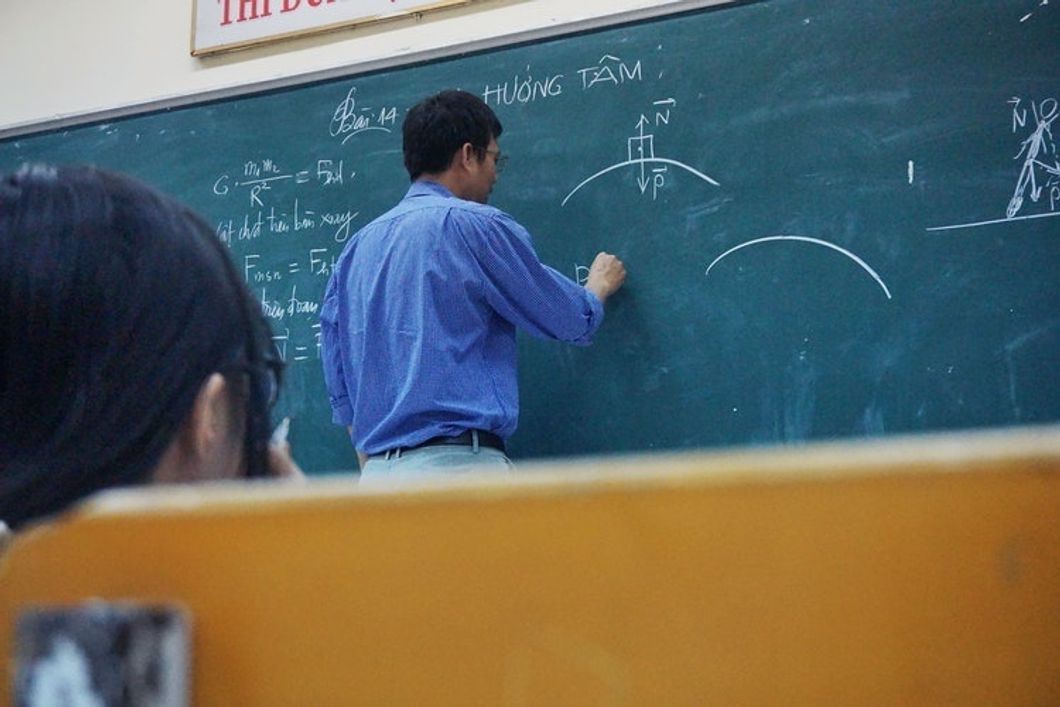In a perfect world, the quality of the education an institution provides would be uniform among all those who participate in a program. Each student, in the end, will receive the same piece of paper signaling completion of a degree, and therefore the education they received should be equal. We know this is not always the case, and much of that falls on the shoulders of the professors a student has and the overall governing of the university.
Through the course of a college program, a student will have many different professors that teach different classes. There are also different professors who teach the same course. For example, as part of a business degree at the College of Charleston, students must complete microeconomics. Several professors teach this same exact course, but the way in which they do so varies widely. One professor could have no in-class exams, little to no homework, and even cover less material. On the other hand, a different professor could have multiple comprehensive exams, rigorous homework and work through the material at a much faster pace.
This lack of uniformity in terms of material covered and mastered, for the exact same course, undermines the legitimacy of a degree. One student could get the luck of the draw with all of his/her professors and skate by all four years. Easy classes across the board. Another student could be stuck with extremely difficult professors for every course and have to work much harder to earn the exact same credits.
Although it can be said that in the long term, the student with the more difficult professors will be at an advantage because they will have a better understanding of the material, it doesn't make it fair. Upon completion, both students are awarded the same degree and are both able to place it on their resume. Maybe the student with harder professors had a lower GPA as a result of who taught their courses. On paper, the other student now looks like they performed better academically. Simply put, the professor who teaches your classes should not make a significant difference in the difficulty of a course or the material covered.
Essentially, colleges need to ensure that students taking the same courses receive as equal of an education as possible, and are held to the same standards. Maybe this could be done through having uniform finals for certain courses. Instead of having Dr. Whoevers final be the easy final, it is the same department final for all those who took the course. This would make it so that all the same material would need to be known upon completion of a class, no matter who taught it.
In conclusion, colleges need to work toward solving this issue so that each student is just as knowledgeable as the next, no matter who taught their classes.



















